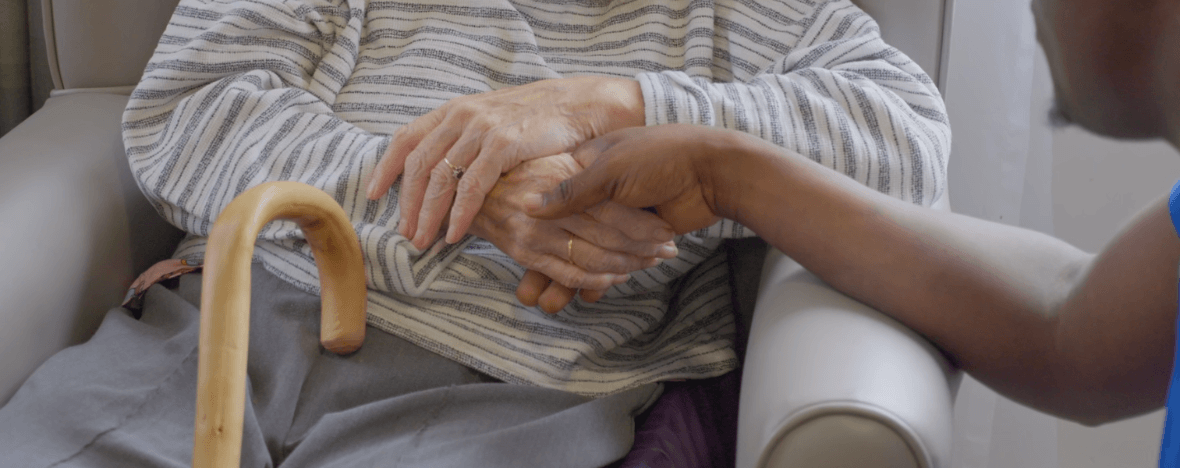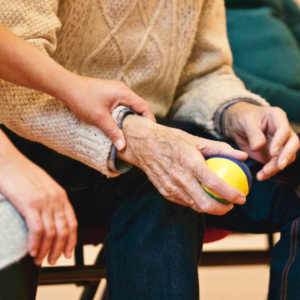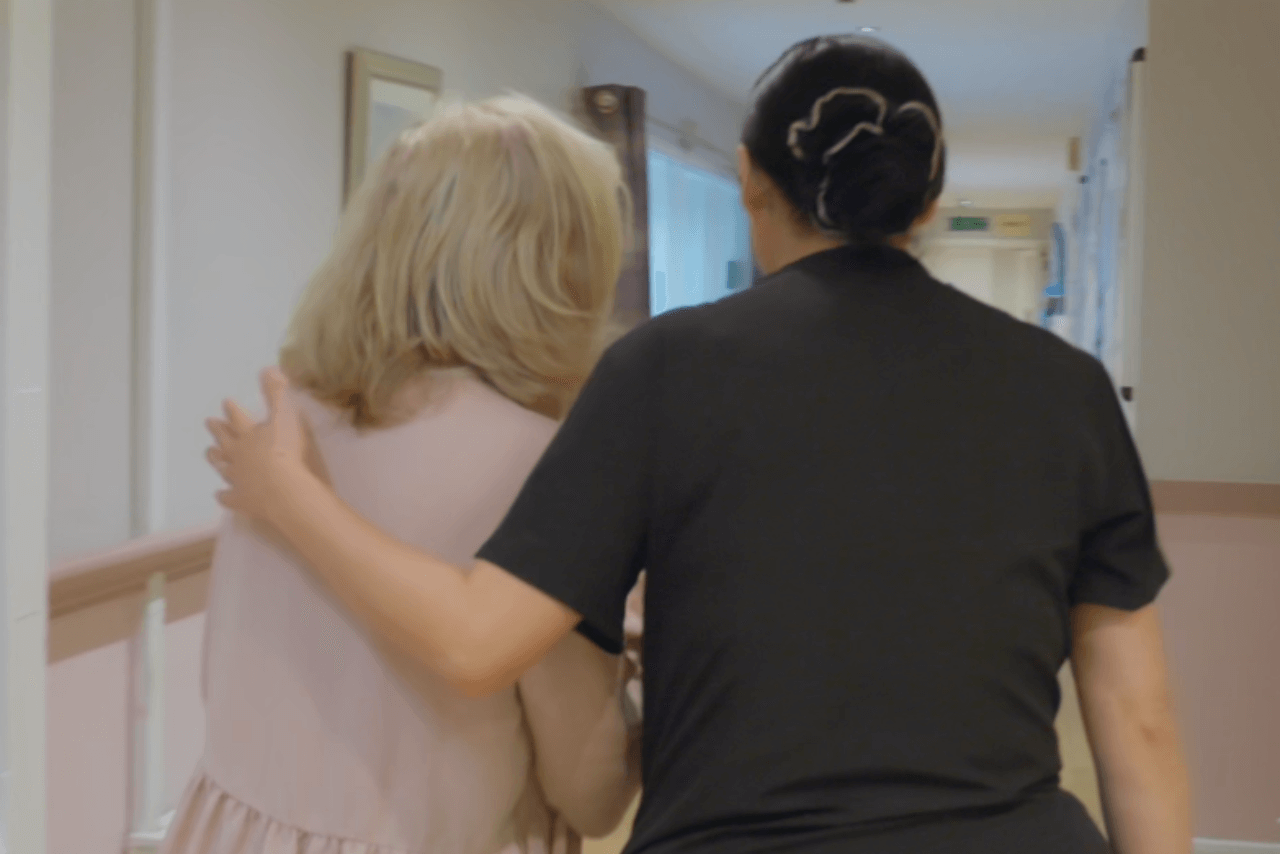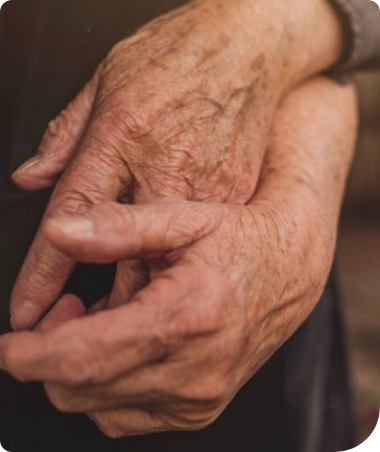
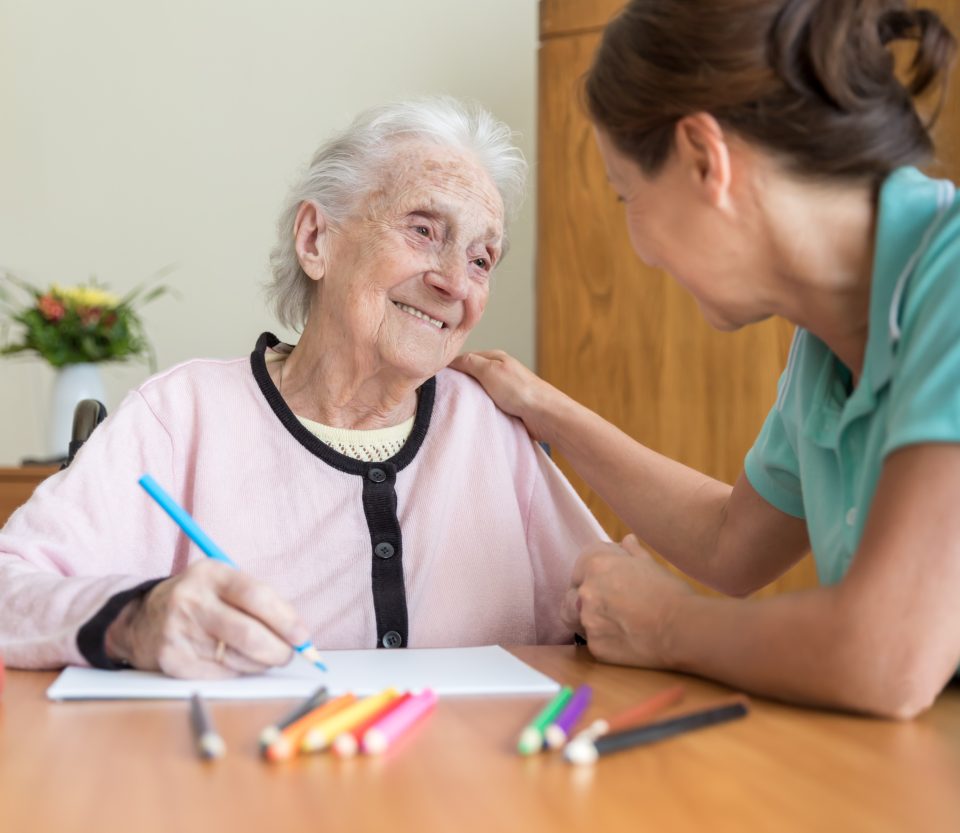
Dementia Care
Understanding when dementia care is needed for your loved one
Living with dementia becomes harder when familiar places feel confusing, when routines break down, or when safety becomes a daily worry. You might notice your loved one experiencing increased confusion, wandering, changes in sleep patterns, or difficulty managing daily tasks that were once automatic.
If you're struggling to keep your loved one safe at home, if they're becoming distressed or agitated more often, or if the demands of care are overwhelming your family - specialised dementia care can help restore calm and dignity for everyone.



Dementia Care
A day shaped around your loved one’s needs and rhythm
We build each person's day around what works for them, not around institutional schedules.

Morning
Start the day at their own pace, with support available if they want help getting ready.
Mid-Morning
Join in with group activities, enjoy a coffee and chat in the lounge, or relax in their room or garden.
Lunch
A freshly prepared meal, enjoyed
with friends or in a quieter space if they choose.
Afternoon
Time for hobbies, visits from family, reading, or simply unwinding with their favourite show.
Evening
Dinner together, light entertainment, or peace and privacy in their room.
Night
Rest easy, knowing our team is close by if needed.
Morning
Nurse checks in, helps with medications, assists with getting up and personal care as needed
Throughout the day
Nurses monitor their wellbeing, manage any medical needs, but they still enjoy meals, activities, and time with friends
Medication times
Nurses ensure they get the right medications at the right times, managing complex regimens safely
Medical appointments
We coordinate with visiting healthcare professionals or arrange transport to appointments
Evening and night
Qualified nurses are always available for any medical needs or emergencies
Morning
Gentle wake-up at their natural time, help with personal care in a familiar routine, breakfast when they're ready
Mid-morning
Simple, enjoyable activities - maybe looking through photo albums, listening to music from their era, or gentle walks in secure gardens
Afternoon
Quiet time, visits from family, or participating in group activities if they enjoy company
Evening
Calming activities, familiar evening routines, support for those who become more unsettled as the day progresses
Night
Trained staff available for those who wander or become confused during the night, maintaining sleep routines that work
Highly trained nursing teams
With real knowledge of your loved one's condition and how it can affect daily life
Individualised care planning
Every aspect of their care is designed around their specific needs, preferences and goals
Multi-disciplinary support
Working with consultants, therapists, social workers, and other specialists involved in their care
Adaptive environments
Homes equipped with specialist equipment and adaptations to support your loved one's independence
Mental health support
Understanding how health conditions affect mental wellbeing and providing appropriate support
Family involvement
Keeping you and your family informed and involved in your loved one's care decisions
Quality of life focus
Whether it’s painting, gardening, or staying close to loved one's, we support what brings meaning to your loved one's life
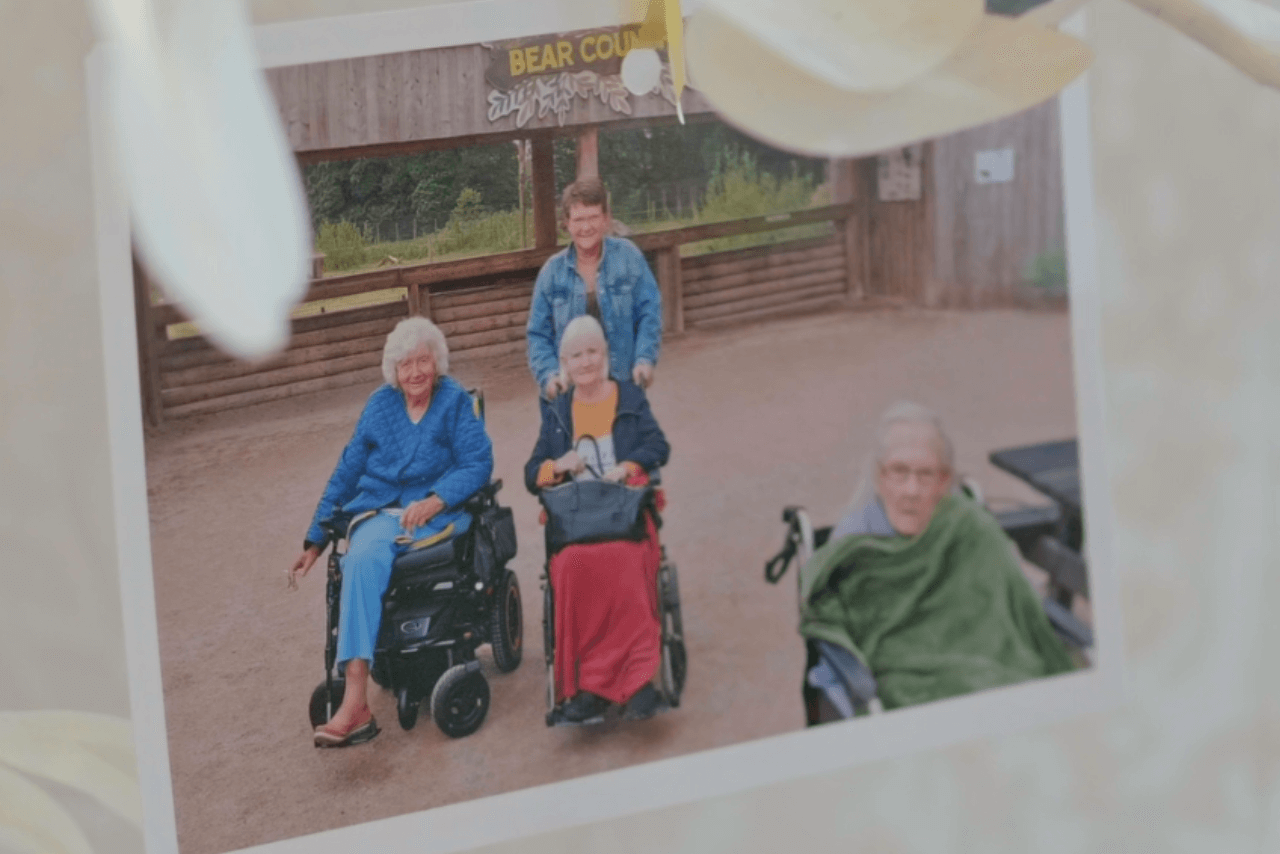
Dementia Care
Your loved one's memories matter to us
We don't try to fix or change someone with dementia. Instead, we work with who your loved one is right now, honouring their history whilst caring for their present needs.
Our approach to Person-centred dementia care:
- Keeping familiar routines that provide comfort and security for your loved one
- Creating calm, safe environments that reduce their confusion and anxiety
- Using their life story and preferences to guide their daily care
- Supporting moments of connection and joy, however they appear
- Helping families stay connected in meaningful ways
Dementia Care
How we support different stages of your loved one's dementia
Early to moderate dementia
Focus on maintaining their independence and familiar routines whilst providing gentle support and safety
Advanced dementia
More intensive personal care, support with eating and mobility, comfort care that maintains dignity
Behavioural challenges
Specialised approaches for agitation, wandering, or distress - understanding triggers and providing calm responses
End-stage dementia
Compassionate palliative care focusing on comfort, family involvement, and peaceful transitions

Residents
What our residential care residents and families say
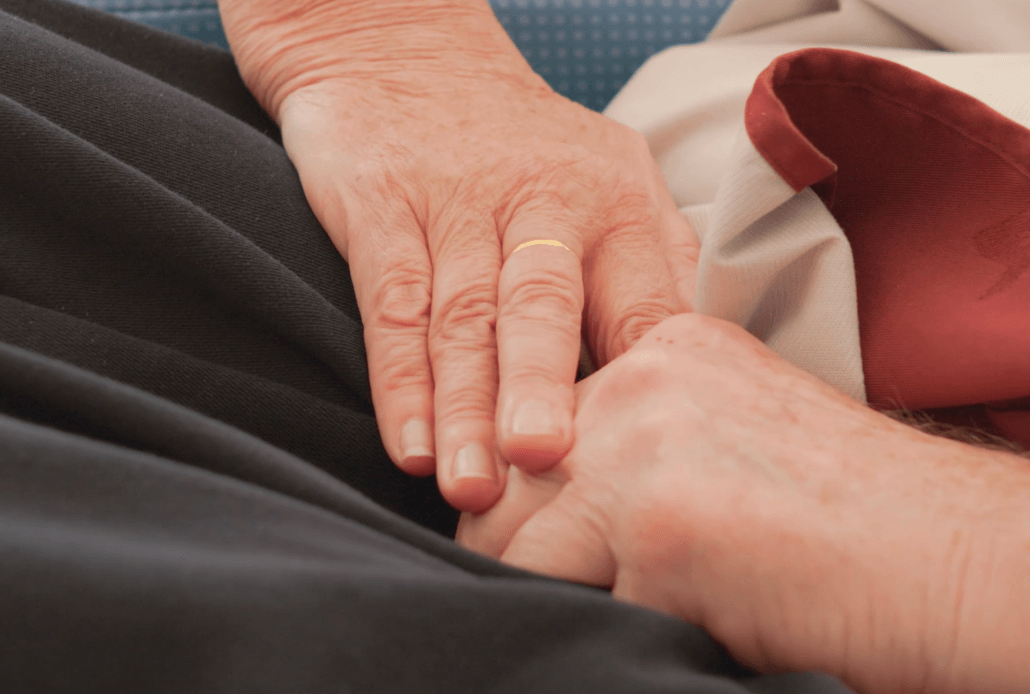
Dementia Care
When to consider nursing care for your loved one
Your loved one might need nursing care if they have:
- Multiple ongoing medical conditions that need professional monitoring
- Complex medication regimens including injections or IV medications
- Medical equipment like oxygen, feeding tubes, or catheters
- Conditions that could change quickly and need nursing assessment
- Recovery needs after a hospital stay that require ongoing medical support

Dementia Care
Supporting families through the journey
Before your loved one moves in - We take time to learn their history, preferences, routines, and what brings them comfort
During the transition - We understand moving can be distressing and work to make it as gentle as possible for your loved one
Ongoing support - Regular updates, guidance on visiting and communication, and honest conversations about changes
Difficult decisions - We're here to help when you're facing hard choices about care levels or end-of-life decisions

Dementia Care
Supporting families through complex care
Understanding the condition - We help families understand what to expect and how to best support their loved one
Care coordination - We manage the complexity of multiple appointments, treatments, and healthcare professionals
Emotional support - We understand the emotional impact on families and provide guidance and reassurance
Respite and relief - Knowing your loved one is receiving expert care can provide much-needed peace of mind
Planning for changes - We help families navigate decisions as conditions progress or needs change
Dovehaven Locations
Where To Find Us

FAQs
Questions about dementia care?
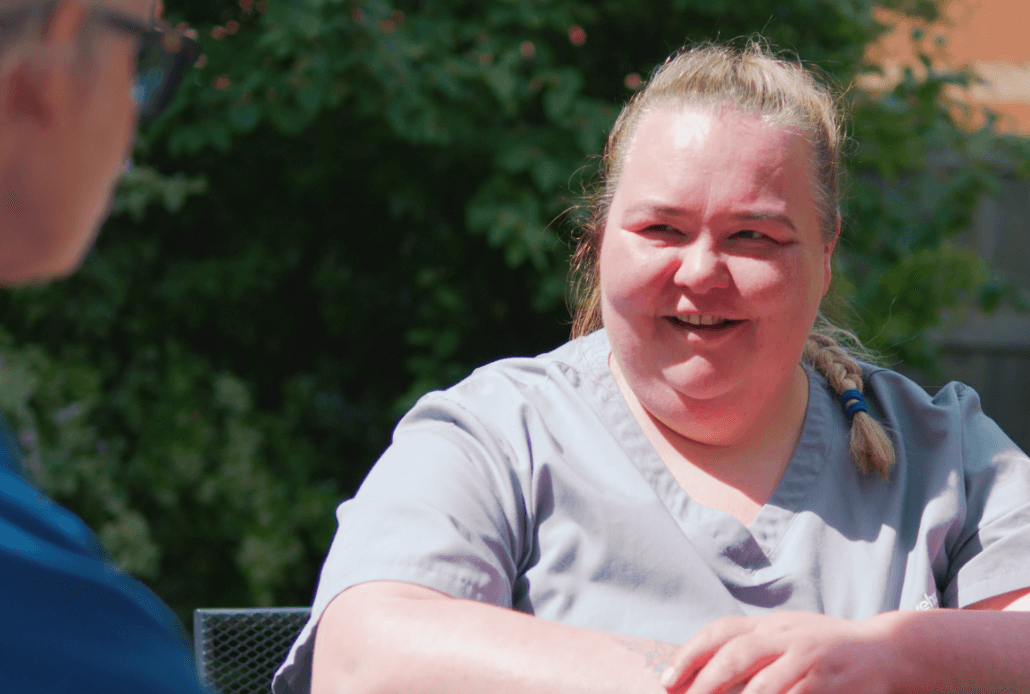
How do you handle challenging behaviours?

What if they try to leave?

Can your loved one bring familiar items?

When should your loved one move into a care home?







